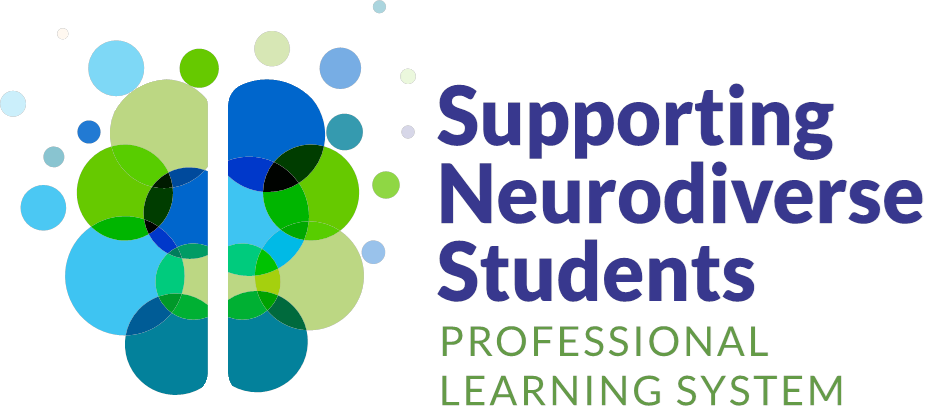Flexibility: It's a Skill - Nov 11, 2025 (virtual)
Admission
- Free
Location
Description

Students who exhibit behavior that is challenging to adults often struggle with cognitive flexibility. When the brain lacks access to its ability to gain and send out certain information, it may result in behavior that can look very rigid. When rigid thought patterns, behavior patterns, and a feeling of a need for control interfere with learning and teaching, working on flexibility skills is a strategy we can use to impact student outcomes. This workshop will explore how the brain works and the factors that impact a student’s ability to access and use flexibility.
Objectives:
- Understanding of how the brain works
- Using root cause analysis, participants will be able to identify factors that impact the student’s ability to access and use flexibility
- Participants will be introduced to strategies for adult behavior change to support a student who may struggle with the skill of cognitive flexibility

About the Presenter: Katie Berg MA Ed., Supporting Neurodiverse Students Statewide Coordinator
Katie has been educating students for over 20 years. She has worked in the private sector, public education and now statewide through an IDEA Discretionary Grant. From her experiences providing one on one therapy, classroom teaching, district training and now statewide work, Katie has had opportunities to engage learners in a range of subjects related to students with neurodiverse needs. Many years were spent focused on working with students with autism and students experiencing mental health differences. Katie focuses on Social and Emotional Learning skills to support students and educators in problem-solving challenging behaviors.
The Supporting Neurodiverse Students Professional Learning Grant CFDA# 84.027A acknowledges the support of the Wisconsin Department of Public Instruction in the development of this material and for the continued support of this federally-funded grant project. There are no copyright restrictions on this document; however, please credit the Wisconsin DPI and support of federal funds when copying all or part of this material.
